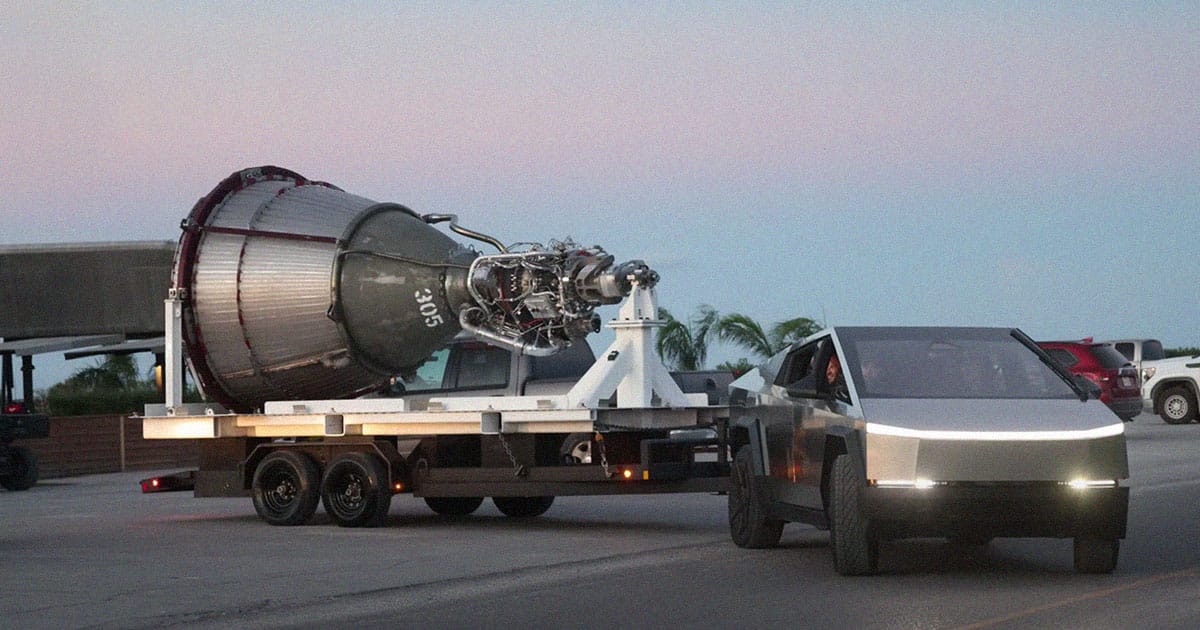"Byzantine Rituals" Won't Stop Elon Musk
Tesla embodies Elon Musk's vision of achieving the impossible against all odds. His ventures, from Tesla to SpaceX to his acquisition of Twitter, were initially ridiculed and criticized, but each ultimately triumphed.

This is the author's opinion only, not financial advice, and is intended for entertainment purposes only. The author receives no compensation for writing this article and has no business relationship with any of the companies mentioned.
Legend has it that the Byzantine elite in besieged Constantinople, even shortly before the city fell, preferred to engage in elaborate rituals and processions rather than focus on defending their home city. When Elon Musk had long since proved all doubters wrong by scaling up car production capacity by orders of magnitude in just a few years, the German auto industry still almost ritualistically sought distraction by complaining, for example, about Tesla's panel gaps - a symbol of traditional auto manufacturing values - instead of addressing its own lack of innovation. As if a few inconsistent panel gaps in electric cars could stop the decline of the internal combustion engine.
Since Tesla's meteoric rise, German premium car brands have been threatened because Tesla, like them, sells cars that are more than just a means of transportation. For decades, a Mercedes, BMW or Audi, with their classic and sporty designs and powerful engines, symbolized status and privilege. At first, Tesla somehow followed the design language of its German competitors, proving that an electric car could evoke the same emotions as a BMW.
With the announcement of the Cybertruck in 2019, Tesla has finally taken a bold new direction, unveiling an avant-garde design that sets it apart from its foreign competitors. The Cybertruck reimagines the pickup truck, a quintessentially American vehicle known for its ruggedness and utility. With its cutting-edge design, the Cybertruck is a car for YUPPIES and farmers alike, a bridge between city and country — a new unity of the American automobile nation. Though a premium car, the Cybertruck doesn't symbolize outdated privilege, but rather cutting-edge technology and innovation, sharing its sleek, steely exterior with the Starship, the 400-foot rocket that can carry up to 150 tons of payload into space and land back in its launch position.

A car like the Cybertruck should not be seen in isolation; it is part of the vision that Elon Musk's entire empire stands for: making the impossible possible against all odds, reshaping the future of humanity. Each of his ventures, from Tesla to SpaceX to his acquisition of Twitter, was initially ridiculed and not taken seriously, but each of these ventures ultimately resulted in triumph. On August 8, 2024, Tesla plans to unveil the Robotaxi. Perhaps we already know the script: it will be ridiculed and mocked until it completely disrupts transportation as we know it. By the time humans read about Tesla's latest quarterly terrestrial vehicle deliveries on X in a Robotaxi on Mars, it will be understood that Elon Musk's empire is more than the sum of its parts in the Aristotelian sense.
Follow me on X for frequent updates (@chaotropy).




